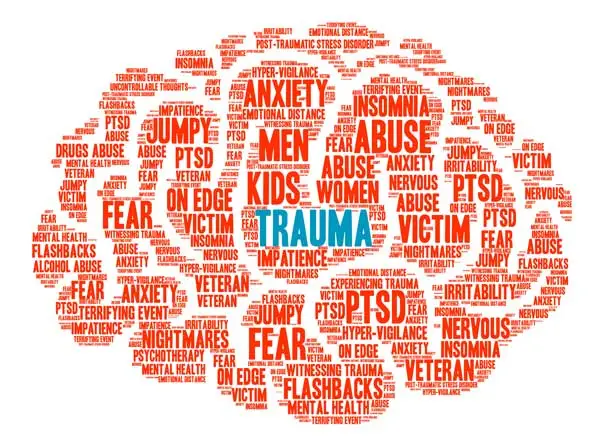Types and Causes of Trauma
Advanced Counseling and Research Services
Liberty Place
313 West Liberty Street, Ste. 224
Lancaster, PA 17603
Liberty Place
313 West Liberty Street, Ste. 224
Lancaster, PA 17603
Mon-Thu: 10 AM - 6 PM, Fri: 10 AM - 3 PM, Sat: 9 AM - 12 PM, Sun: Closed
Tel. 717-394-3994Fax: (717) 394-0124email: acrs@advanced-counseling.com 

Play Video
Types of Trauma
Understanding the source(s) of your Trauma is crucial when devising your treatment plan. Trauma can be caused by
Acute Trauma
- Natural Disasters: Events such as earthquakes, hurricanes, floods, and wildfires can cause significant emotional distress.
- Accidents: Car accidents, workplace injuries, or any sudden, unexpected event that results in injury or loss can be traumatic.
- Violent Assault: Experiences of physical violence, sexual assault, or robbery can lead to acute trauma.
Chronic Trauma
- Childhood Abuse: Physical, emotional, or sexual abuse during childhood can have long-lasting effects on mental health.
- Neglect: Emotional or physical neglect in childhood can lead to feelings of worthlessness and abandonment.
- Domestic Violence: Ongoing exposure to violence in intimate relationships can create a cycle of trauma.
Complex Trauma
- Ongoing Abuse: Long-term exposure to traumatic events, such as living in a war zone or being part of a violent community, can lead to complex trauma.
- Institutional Abuse: Experiences of abuse or neglect in institutions, such as foster care, schools, or hospitals.
Secondary Trauma
- Vicarious Trauma: Individuals who work in helping professions (e.g., therapists, social workers, first responders) may experience Trauma through exposure to others' traumatic experiences.
- Compassion Fatigue: The emotional strain of caring for someone who has experienced Trauma can lead to secondary Trauma symptoms.
Developmental Trauma
- Early Life Stress: Experiences such as parental separation, exposure to substance abuse, or mental illness in caregivers can impact a child's development and lead to trauma.
Cultural and Societal Trauma
- Discrimination and Oppression: Experiences of racism, sexism, homophobia, or other forms of systemic oppression can lead to collective Trauma within communities.
- Historical Trauma: Groups that have experienced significant historical injustices (e.g., genocide, colonization) may carry the effects of Trauma across generations.
Medical Trauma
- Severe Illness or Injury: A life-threatening illness, major surgery, or prolonged hospitalization can be traumatic experiences.
- Childbirth Trauma: Complications during childbirth or traumatic birth experiences can lead to postpartum PTSD.
Bereavement Trauma
- Emotional and psychological distress that can occur following the death of a loved one. While grief is a natural response to loss, bereavement Trauma can manifest when the grieving process becomes complicated or overwhelming, leading to significant impairment in daily functioning.
Advanced Counseling and Research Services
Liberty Place
313 West Liberty Street, Ste. 224
Lancaster, PA 17603
Tel. 717-394-3994Fax: (717) 394-0124email: acrs@advanced-counseling.com
Healing Starts Here
Liberty Place
313 West Liberty Street, Ste. 224
Lancaster, PA 17603
Tel. 717-394-3994Fax: (717) 394-0124email: acrs@advanced-counseling.com
Healing Starts Here
Cheryl Wilson-Smith
Chief Executive Officer

- Licensed Professional Counselor (LPC);
- Pa. Lic. PC006514
- Fl. Lic. TPMC1044
- Certified Traumatologist (CT)
- National Certified Counselor (NCC)
- Certified Clinical Mental Health Counselor (CCMHC)
- Certified Clinical Trauma Professional (CCTP)
- Certified in Emergency Crisis Response (CECR)
- Master of Arts (MA)
- 20+ years of clinical experience.
- Worked with clients across the lifespan.

